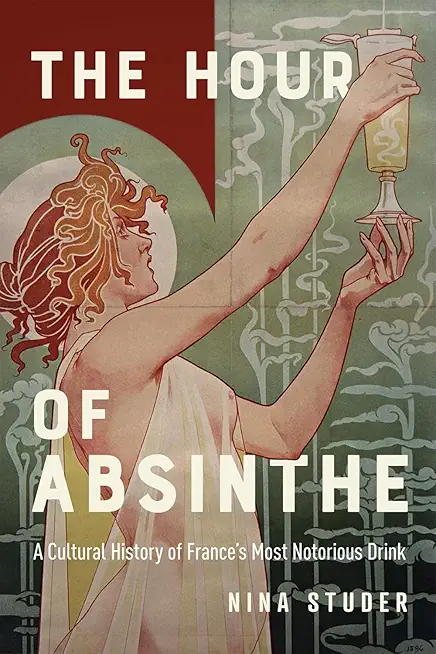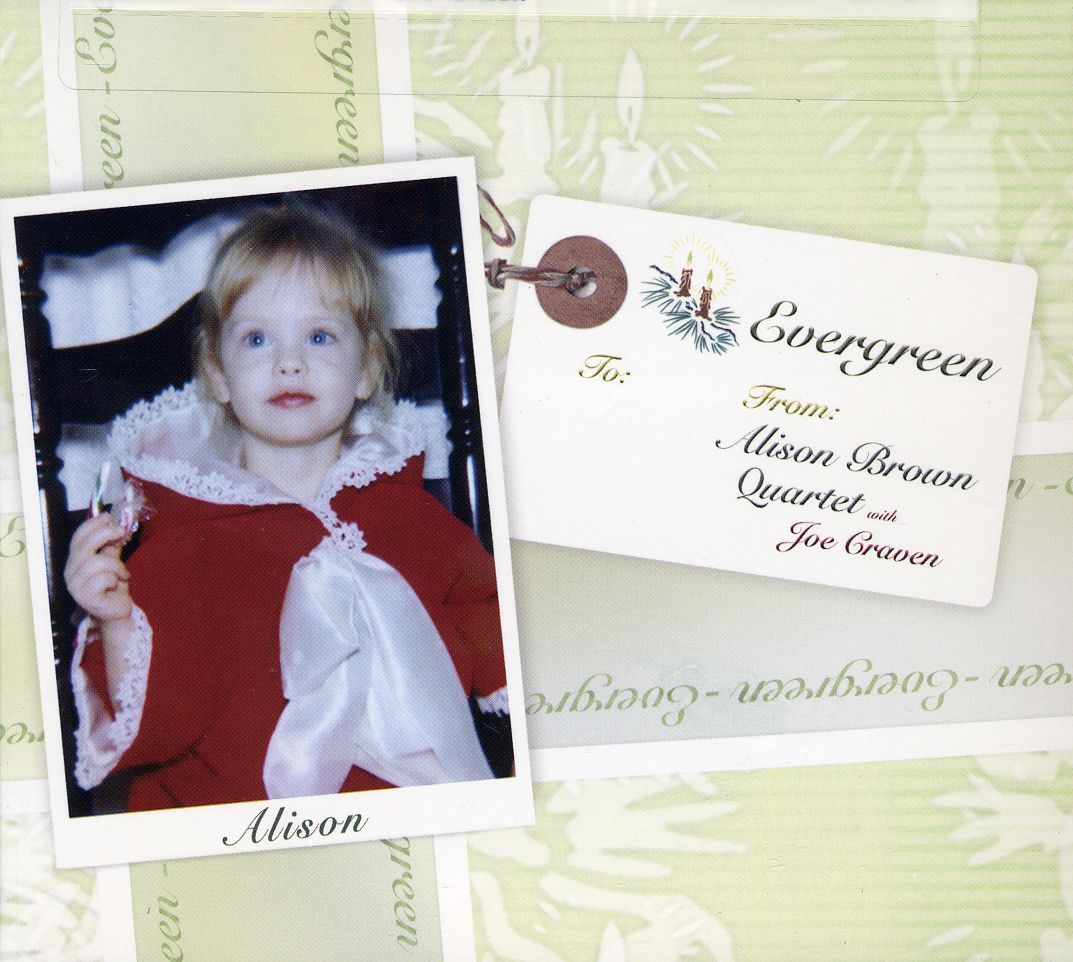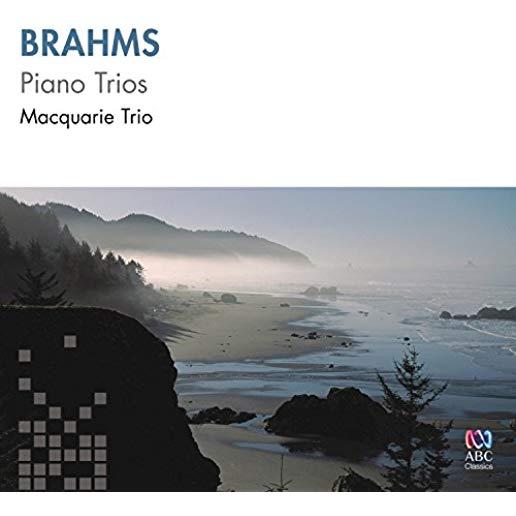
James, Henry
English Hours is a book of travel writing by Henry James published in 1905. The book collected various essays James had written on England over a period of more than thirty years, beginning in the 1870s. The essays had originally appeared in such periodicals as The Nation, The Century Magazine, Scribner's Magazine, The Galaxy and Lippincott's Magazine. James wrote a new introduction for the book and extensively revised many of the essays to create a more coherent whole.
England was James' adopted country, so it is not surprising that the essays in English Hours are primarily positive and sometimes downright cheerful. The essay on London which begins the book gives full play to the British capital's definitely non-beautiful impression on James when he arrived in 1869:
"It was not lovely - it was in fact rather horrible; but as I move again through dusky, tortuous miles, in the greasy four-wheeler to which my luggage had compelled me to commit myself, I recognize the first step in an initiation of which the subsequent stages were to abound in pleasant things."
"A Bundle of Letters" is a comic short story by Henry James, originally published in The Parisian magazine in 1879, which is also when the story takes place. The story is one of James' few ventures into epistolary fiction. As he did so often, especially in the early stages of his career, James made the tale part of his international theme: his letter-writers represent a number of different countries. Although some of the characters look like well-worn stereotypes - the wolfish Frenchman, the pedantic and aggressively nationalistic German, the snobbish upper-class English siblings - James manages to endow most of them with enough twists and turns of personality to interest the reader. One character has even been taken as a sly satire on himself.
Several residents of a Paris boarding-house write letters to their friends and family back home; their primary subject is their reaction to each other. The main character is Miranda Hope, an angular but likeable Yankee Miss from Bangor, Maine who, quite bravely for a young woman of that era, is traveling in Europe alone. In her letters, she chatters to her mother about seeing the sights in Europe but doesn't like the Old World's treatment of its women, "and that is a point, you know, on which I feel very strongly." Her expressions of petulance with William Platt, who we realize must have been a suitor of hers back in Maine, are so offhand as to be amusing. Although she is in general the least affected and most sympathetic character in the story, her unawareness of the disdain in which most of the characters hold each other (including herself) makes her seem somewhat naive.
Meanwhile, society girl Violet Ray of New York writes to a friend that Miranda, who she sees as provincial, is "really too horrible." Another boarder, wannabe aesthete Louis Leverett (quite possibly a self-satire by James) gushes in his letter that "the great thing is to live, you know," amid much precious verbiage about the good, the true and the bee-a-u-tiful. An English boarder, Evelyn Vane, pens a scoffing note that Louis is always talking about the color of the sky, but she doubts if he's ever seen it except through a window-pane; and the German sees Leverett's "decadence" as further evidence that the English-speaking world is weak and ripe for takeover.







